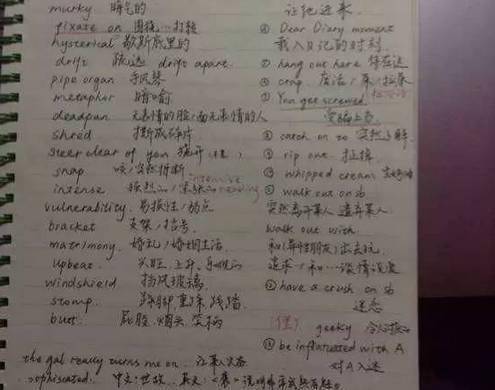Translation of "一生" into English
内容:
The Chinese phrase "一生" can be translated into English as "a lifetime" or "one's whole life." It refers to the entire duration of a person's existence, encompassing all the experiences, achievements, and challenges they encounter throughout their life.
When translating "一生," it is essential to consider the context in which it is used. Here are some examples of how this phrase can be translated in different contexts:
1. 我会爱你一生。
Translation: I will love you for a lifetime.
Explanation: In this context, "一生" denotes the person's lifetime commitment to loving someone.
2. 他为追求梦想付出了一生的努力。
Translation: He devoted his whole life to pursuing his dreams.
Explanation: Here, "一生" highlights the lifelong dedication and hard work towards achieving one's dreams.
3. 一生中有很多重要的决定要做。
Translation: There are many important decisions to make in one's life.
Explanation: In this instance, "一生" refers to the entirety of a person's life, emphasizing the significance of the decisions they need to make along the way.
4. 这是我一生中最难忘的时刻。
Translation: This is the most unforgettable moment of my life.
Explanation: "一生" in this context emphasizes the significance and impact of a particular moment on a person's entire life.

When translating "一生," it is important to capture its connotation of encompassing an entire lifetime. The choice of translation should reflect the intended emphasis and meaning behind the phrase in the specific context.
In conclusion, "一生" can be translated as "a lifetime" or "one's whole life" in English, depending on the context and the intended emphasis. Translating this phrase accurately requires considering the broader context and the connotations it carries.












评论